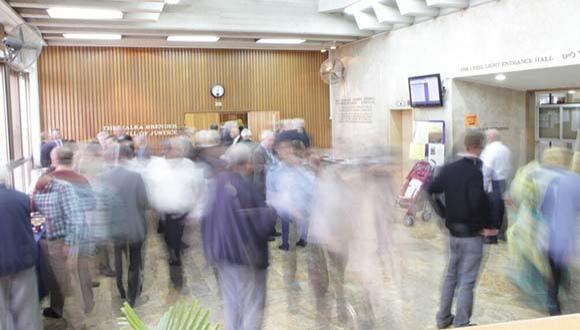The Annual International Conference of Edmond J.Safra Center For Ethics: Ethics of Pain: Secular and Religious Suffering
Pain in Western secular societies has often been described as a self-evident evil, to be minimized if not eradicated. Simultaneously, religious practices involving pain and suffering have been criticized for being inhumane and incompatible with contemporary sensitivities. This workshop seeks to revisit both presumptions and broaden the understanding of pain and suffering by exploring the multiple ways by which secular and religious ethical and legal practices make sense of pain, whether suffered, inflicted, managed, criticized, or eradicated. The workshop will investigate two main axes. First, on the religious side, we will explore how certain religious practices -- from male circumcision and animal slaughter to corporal punishment and so-called religious violence -- have come under ethical and legal scrutiny for bringing about unnecessary pain and suffering. How have religious traditions and the affliction of pain been tied together in the secular imaginary? What ethical and legal languages are employed to single out, measure, judge, and denounce these practices? What significant aspects of pain and suffering remain concealed when examined through the contemporary secular-liberal lens? Second, on the secular side, we will examine the productive role that pain and suffering continue to play in secular societies. Religious understandings of pain, from the labor of birth to the pangs of death, have been replaced in contemporary societies with new conceptions and treatments of pain and suffering that should not be ignored. Secular societies grant moral, legal, and institutional sanction to certain forms of inflicting and suffering pain, including incarceration facilities, mental institutions, torture, and warfare, but also to more benign and daily practices, such as sports and body piercing. What are the modern modalities of pain and suffering? What debt, if any, do they owe to traditional practices and how have they inscribed new experiences of pain
on contemporary bodies?


